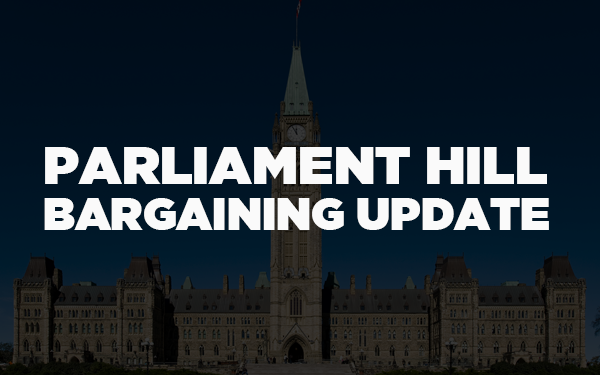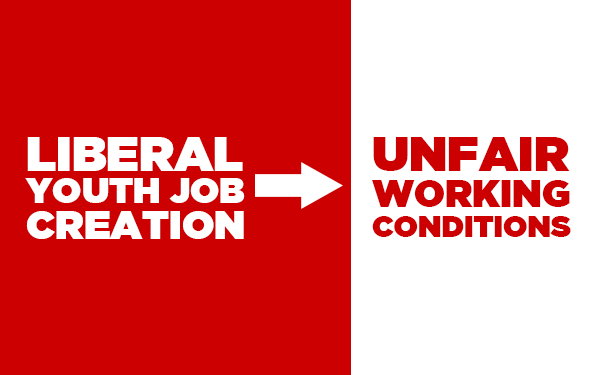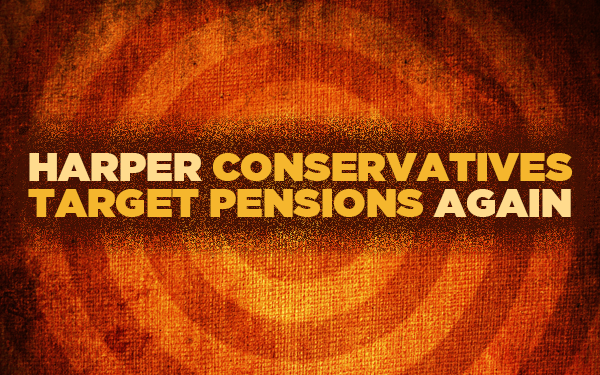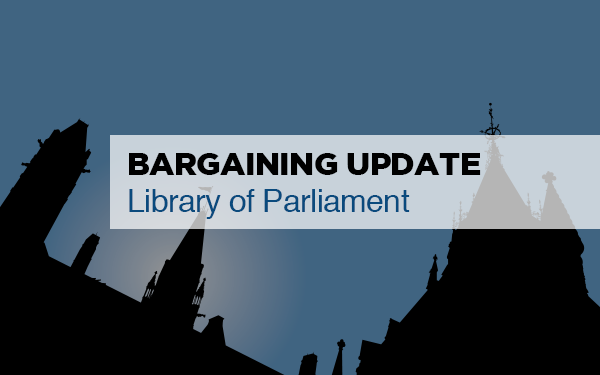
Ottawa — Workers at the Rideau Carleton Raceway Slots (RCRS) in Ottawa met with Ontario Lottery and Gaming Corporation (OLG) management on Friday, January 29 for the first time since they were locked out on December 16, 2015. The workers, represented by the Public Service Alliance of Canada (PSAC), were hopeful that OLG would show some flexibility at the bargaining table. However, they were quickly disappointed to learn that OLG remains unwilling to change its last position, insisting that the union concede to its demands on wages and pensions—the two key issues in the dispute—before it will negotiate in any meaningful way:
- Back in December, OLG insisted on freezing wages for the first two years of any new contract, and then providing a 1.75% increase for the third year. Workers had rejected this given that they had not received a raise since 2009, even though the cost of living in Ottawa has increased by about 9% in that period. Moreover, the locked out workers are currently paid around 8% less than workers doing comparable work at other sites, such as OLG Casino Brantford. At Friday’s meeting, however, OLG continued to insist that the total wage increase for the new three year contract will still be 1.75%.
- Prior to the lockout, OLG insisted that workers agree to the removal of pension language from their current contracts. The workers had rejected this then, but on Friday, OLG continued to insist that workers agree to the complete removal of existing pension language.
“It is reprehensible that OLG would ask to meet with the workers again just to try to force the same substandard contract onto them once more,” said Doug Marshall, President of the Union of National Employees, a component union of the PSAC. “The workers already voted by 96% to reject OLG’s attempts to freeze their wages and remove pension language.”
“I want to be clear with Ontario Premier Kathleen Wynne: we will bring this battle to Queen’s Park if her government does not end this shameful attack on OLG workers here in Ottawa,” added Larry Rousseau, Regional Executive Vice President of the PSAC in the National Capital Region. “And we will not stop until her government treats these workers with the fairness and respect they deserve.”
OLG management at the RCRS locked out 124 of its workers on December 16. The workers served in a variety of roles, including as parking attendants, housekeepers, slot attendants, slot technicians, cashiers and money room clerks.














